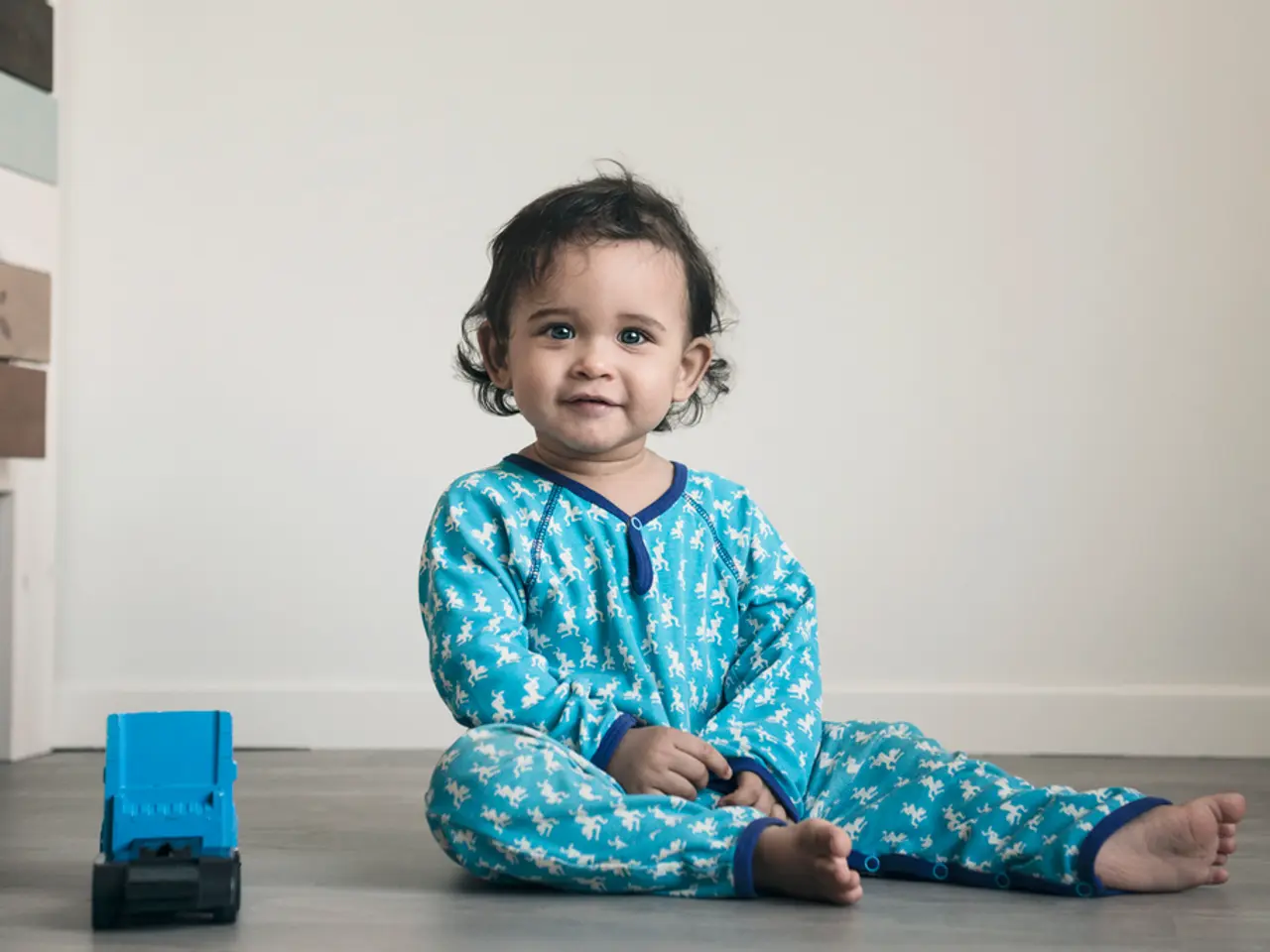Is there backing among South Koreans for financial aid for foreign-born children?
In a recent survey published by the Korea Institute for Health and Social Affairs, it has been revealed that a significant majority of South Koreans are in favour of extending social welfare benefits to foreign national children and permanent residents.
The survey found that eight in ten South Koreans support granting child benefits to foreign national children if their parents hold permanent residency. Support levels for child benefits vary depending on the immigrant status. For instance, 74.2% of respondents support child benefits for children of marriage immigrants, while 45.3% and 45.4% support it for children of migrant workers and children of overseas Koreans, respectively. Support drops to 32% for children of international students.
Another 32.6 percent of respondents supported granting access to these benefits immediately after acquiring citizenship. However, smaller shares supported access a year after arrival regardless of employment (9.7 percent) or immediately upon entry (3.6 percent).
The current child benefit program in South Korea only applies to Korean nationals, with exceptions for recognized refugees and certain special contributors. The survey also asked about extending access to the basic living allowance, a program that provides cash support for essential daily needs. Foreign residents in Korea are not entitled to the basic living allowance, except in limited cases.
When asked about the rights of foreign nationals living in Korea, respondents generally recognized them as "not so respected" and "only somewhat respected." Perceptions were most positive about foreign residents' right to health, followed by basic human rights, housing rights, labor rights, and access to welfare benefits.
Research fellow Kim Ki-tae noted that the influx of immigrants performing low-wage labor can be perceived as a threat to vulnerable domestic groups. He stressed that policies should not be shaped by prejudice, and that for genuine social integration, it is necessary to increase contact between native and immigrant communities, strengthen protections for vulnerable Koreans, and improve perceptions about equitable welfare.
Interestingly, higher-income, higher-educated respondents were more supportive of welfare rights for foreign residents, while lower-income groups tended to view them more cautiously. The groups of foreign nationalities for which the majority of South Koreans would not support granting child allowance payments are not specified in the available search results.
The survey concluded that 72.5% of respondents support granting the basic living allowance to permanent residents, and 60.9% support it for marriage immigrants. This suggests a growing consensus among South Koreans to expand social welfare benefits to foreign nationals who have integrated into Korean society.
Read also:
- Nightly sweat episodes linked to GERD: Crucial insights explained
- Antitussives: List of Examples, Functions, Adverse Reactions, and Additional Details
- Asthma Diagnosis: Exploring FeNO Tests and Related Treatments
- Unfortunate Financial Disarray for a Family from California After an Expensive Emergency Room Visit with Their Burned Infant








